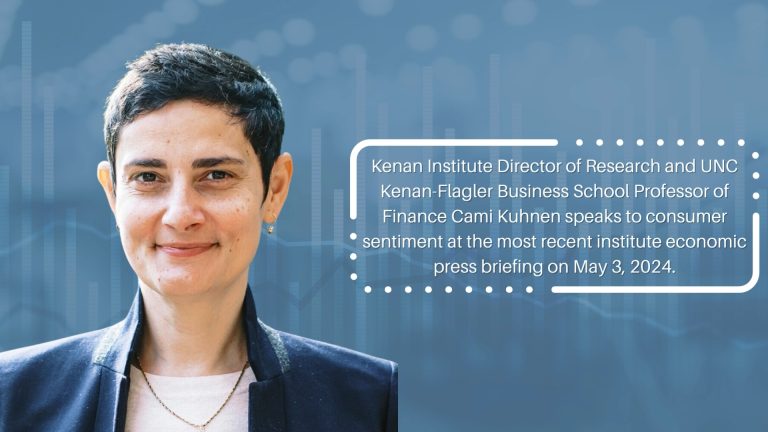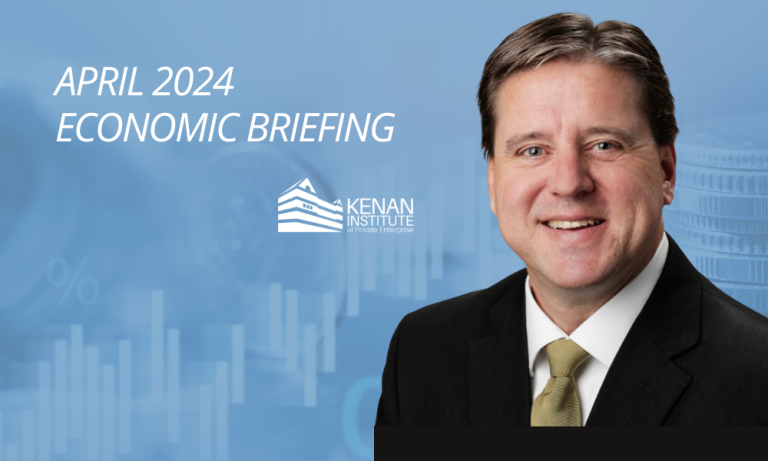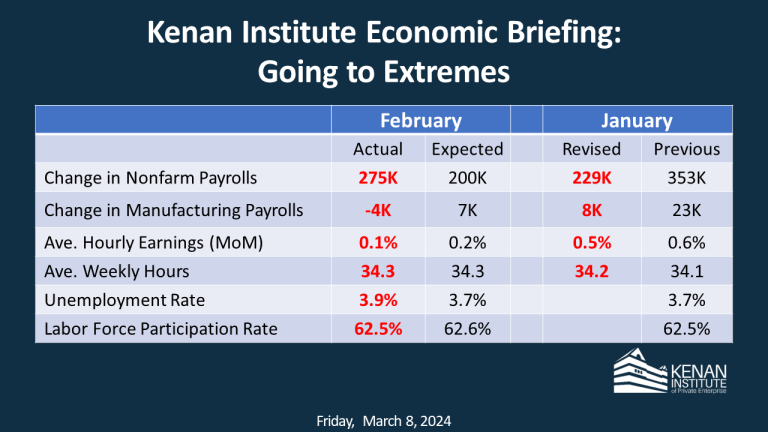Join the Center for the Business of Health on Friday, November 8 for a conference exploring how to strategically prepare the healthcare workforce of the future.
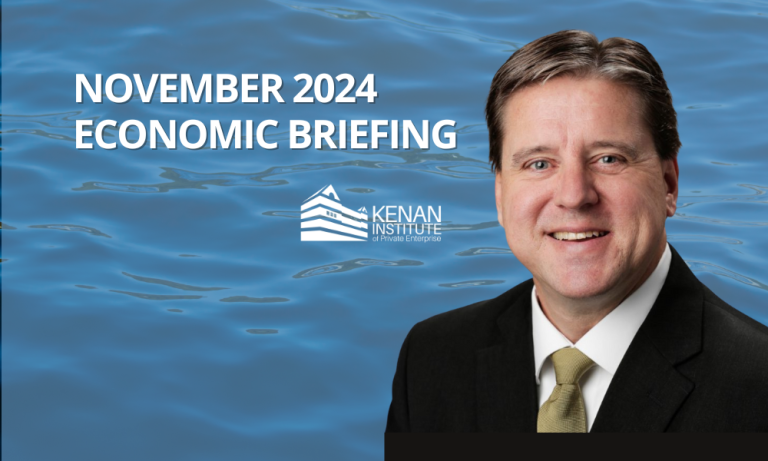
Muddying the Waters
For our November 1 economic briefing, Kenan Institute Research Fellow Greg Brown discussed the morning's employment report and the effects that two hurricanes and a major strike had on some of the numbers it contained.
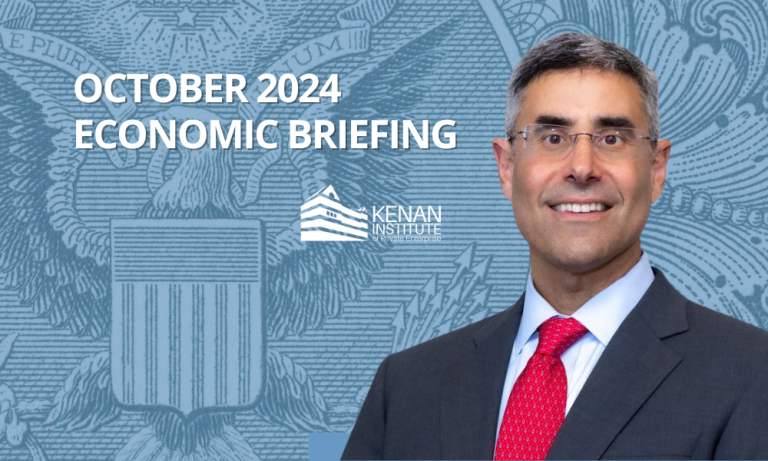
Is the Fed Reassessing?
For our October 9 briefing, Chief Economist Gerald Cohen noted that the previous Friday's strong employment report caused the markets to reassess the path of Federal Reserve easing and discussed whether the Fed might do the same.
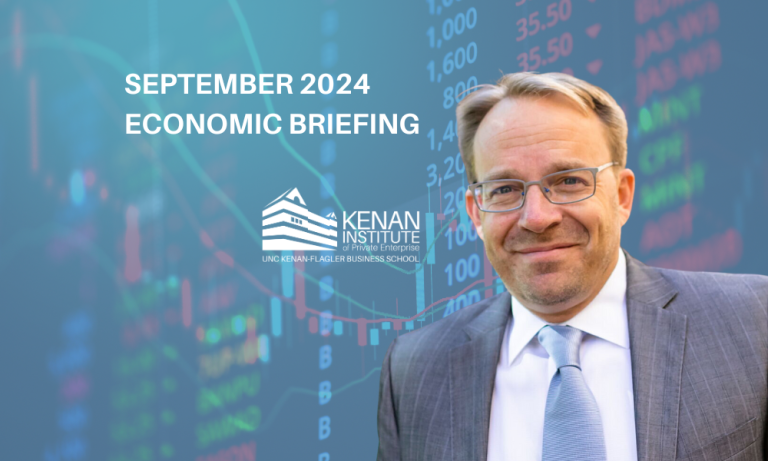
Making the Cut?
Institute Research Fellow Christian Lundblad discussed the morning's employment report, factors the Federal Reserve is considering before possibly cutting interest rates at its next meeting, and the vital role that government economic data plays.
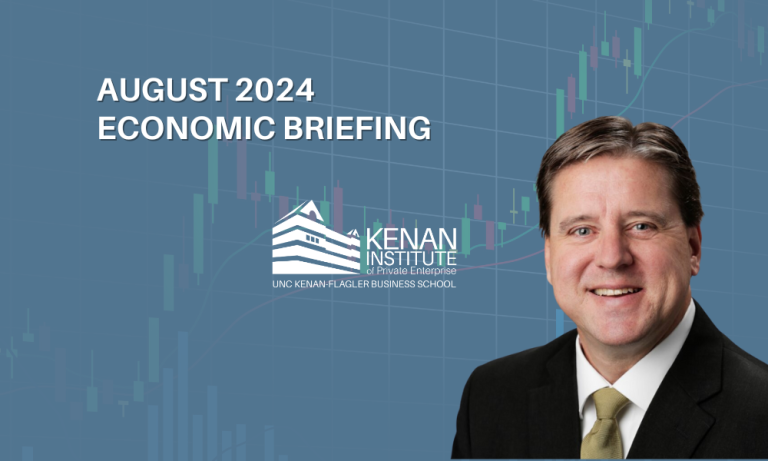
The Trade-Offs of a Soft Landing
At the institute's briefing Aug. 2, Research Fellow Greg Brown discussed the morning's employment report, which showed the number of new jobs in July falling below predictions. He also examined how a slowing economy can affect businesses and consumers.
To find signs of productivity, we must first know where to look. Chief Economist Gerald Cohen describes how an area’s industry mix is key to its productivity and how adjusting that mix can drive more local growth using data from our American Growth Project.

Watch Our Childcare Expert on PBS NC
UNC-Chapel Hill professor and Kenan Institute expert Iheoma U. Iruka took part in a roundtable discussion on the "childcare cliff" on PBS NC’s “State Lines” July 5. The episode is available online.
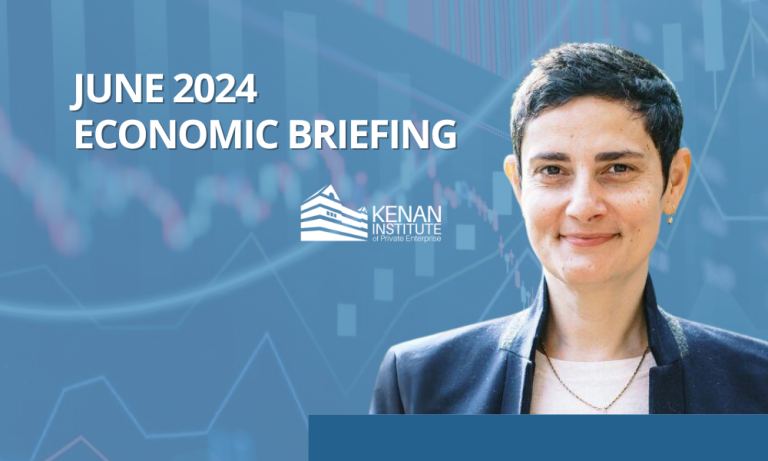
More Signs of Softening
During the institute’s monthly briefing June 7, Research Director Camelia Kuhnen discussed the stronger-than-expected new employment report and predicted that the Federal Reserve would still begin lowering interest rates later in the year.
Camelia Kuhnen, Kenan Institute director of research and UNC Kenan-Flagler Business School finance professor, speaks to consumer sentiment during the institute's May 3 economic briefing.
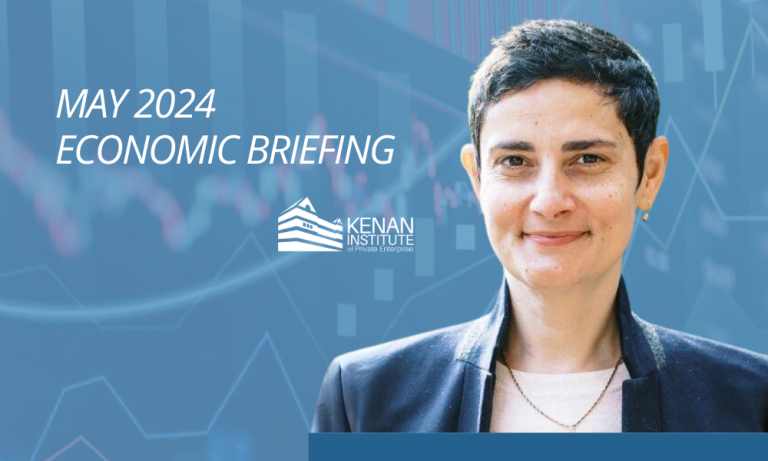
Time for a Confidence Check
During the institute’s monthly press briefing May 3, Research Director Camelia Kuhnen discussed slower growth in the labor market and explored what creates the gap we now see in consumer sentiment numbers.
During the institute’s monthly press briefing April 5, Research Fellow Greg Brown presented thoughts on what’s needed to extend a period of job growth and lower inflation.
During the institute's monthly press briefing March 8, Chief Economist Gerald Cohen discussed another solid jobs report, in which the U.S. economy added 275,000 jobs for February.


